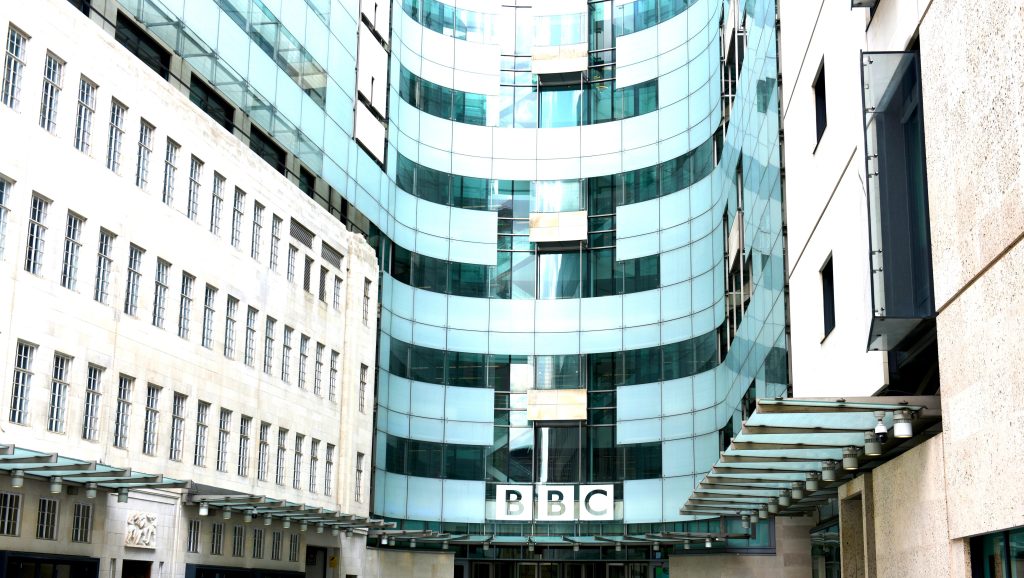The BBC has sent a legal threat to Perplexity, citing allegations that the AI startup is scraping the British national broadcaster’s content.
In one of its first major copyright interventions in the AI age, the BBC claimed that Perplexity’s ChatGPT-style search tool was “trained using BBC content.”
The corporation outlined its concerns in a letter seen by the Financial Times newspaper. The BBC confirmed that a legal warning had been issued, but declined to comment beyond the contents of the letter.
The broadcaster demanded that San Francisco-based Perplexity cease its use of BBC content, deletes copies of material, and offers “financial compensation” for the alleged IP infringement.
Perplexity has been approached for comment. The company told the FT that the BBC’s claims were “manipulative and opportunistic,” showcasing a “fundamental misunderstanding” of tech and IP laws.
Perplexity added that the BBC’s legal letter shows “how far the BBC is willing to go to preserve Google‘s illegal monopoly for its own self-interest.”
The BBC argued that elements of its content were being regurgitated verbatim by Perplexity and links to its website appeared in search results. It added that some information was reproduced with factual inaccuracies and missing context.
The BBC letter said: “It is therefore highly damaging to the BBC, injuring the BBC’s reputation with audiences — including UK licence fee-payers who fund the BBC — and undermining their trust in the BBC.”
In an interview at Bloomberg’s Tech Summit this month, Perplexity CEO Aravind Srinivas said the AI tool had 30M queries a day and its growth had been “phenomenal.”
“Give it a year, we’ll be doing, like, a billion queries a week if we can sustain this growth rate,” Srinivas said. Perplexity’s primary source of revenue is subscriptions, with users being asked to pay $20 a month to access Perplexity Pro.
The post BBC Hits AI Startup Perplexity With Legal Threat Over Content Scraping Concerns appeared first on Deadline.




